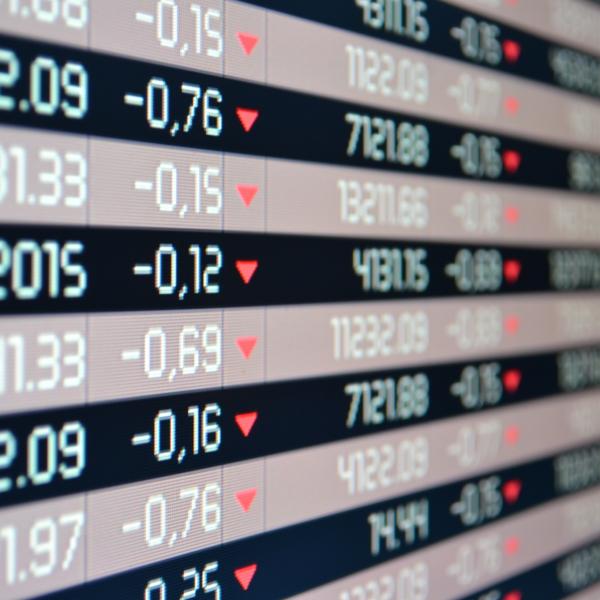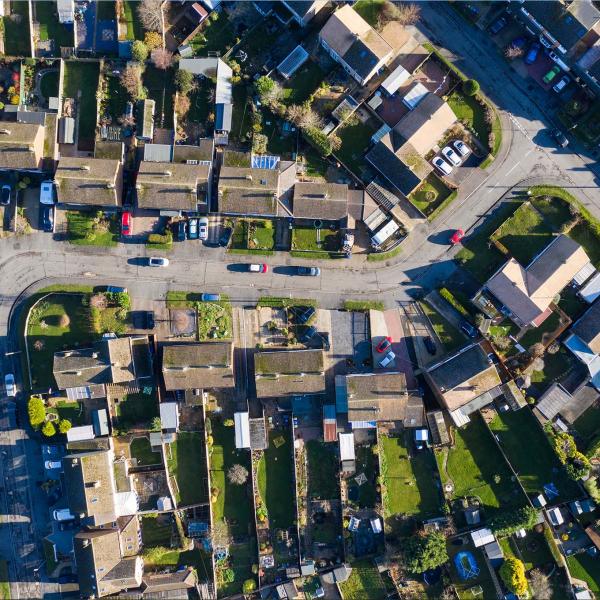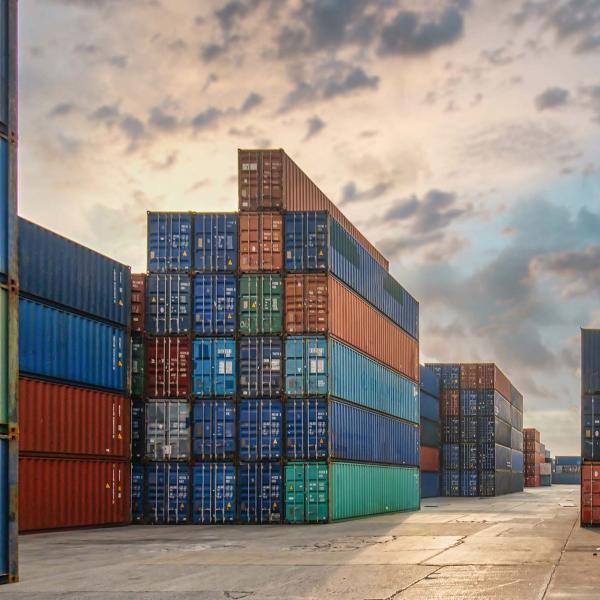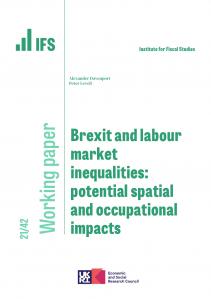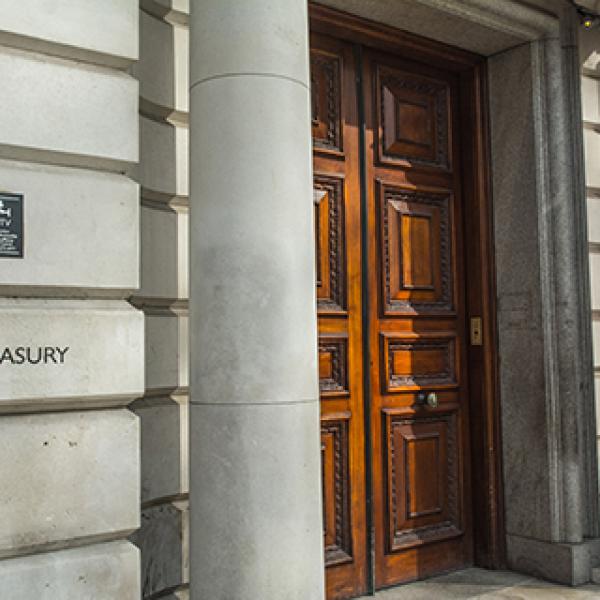It does not mean that the pound here in Britain, in your pocket, in your purse or in your bank, has been devalued. So said Harold Wilson, the prime minister, in November 1967 in the wake of his government’s decision to devalue the pound, lowering the exchange rate from $2.80 to $2.40.
It was absolute nonsense. And nearly 50 years on some politicians are still talking nonsense about exchange rates. Some seem to be claiming that the recent drop in value of the pound, to a 30-year low against the dollar, is somehow a good thing, that it will somehow make us better off. It’s really not and it really won’t.
Let’s start with the basics. If the value of the pound falls relative to the value of other currencies, that makes those of us whose earnings or savings or investment income is in pounds poorer. Period.
Anyone going abroad on their summer holidays over the next couple of months will see that immediately. They will find things about 10 per cent more expensive than they would have done a few weeks ago. Those staying in the UK won’t be immune, either. It will become more expensive to buy things grown, mined or otherwise produced in other countries. Prices will rise. We will be worse off.
There is a fallacy knocking around that somehow economics tells us that a weaker currency is good because it promotes exports. Part of that fallacy is based on a truly fundamental misunderstanding of what economics is all about. Part of it, I think, is based on a misapplication of lessons from half a century ago, as well as from our 1992 exit from the exchange rate mechanism. Even where there is a possibility of benefit, the evidence is rather against it.
The fundamental misunderstanding of economics goes a bit like this. Exports are good and imports are bad, the argument goes. A lower exchange rate makes exports cheaper and imports more expensive, so there will be more of the former and less of the latter. So we’ll be better off.
This argument is plain wrong. You don’t make British people better off by getting them to work hard to make stuff for others to enjoy on the cheap, while themselves paying more for things produced overseas. You do it by ensuring, through effective policies on education and skills and competition and infrastructure and trade, that British workers produce more in each hour they work so that the actual value of what they produce is higher, so they can earn more and consume more.
Then there’s the history. Comparisons have been made between what has happened to sterling over the past couple of weeks and what happened in 1992. People may even have the 1967 devaluation in their minds. The big difference is that back then governments were setting, or trying to set, the value of sterling. That could get the exchange rate out of kilter with its “real” value, as determined by economic fundamentals and prospects. A relative weakening of the economy could make a decision to devalue the right thing to do. The cost of not devaluing — of having monetary policy set too tight for too long — could be substantial. Some eurozone economies are suffering from similar problems at the moment
However, in the UK now exchange rates are not set or targeted by governments, they are set by the markets, which is to say by the beliefs, about the future paths of different economies, of people trading trillions of pounds. And the reason that sterling is now worth a lot less than it was before June 23 is that all those people with all that money now think that the UK economy will be doing a lot less well than they had expected before the Brexit vote.
Then there is that possible benefit from a lower exchange rate. We do have a big trade deficit. We import a lot more than we export. It is hard to believe that is sustainable into the indefinite future. A fall in the exchange rate will make our exports cheaper abroad, making it easier to export and hence possibly boosting production and investment, and eventually wages, at home. Maybe in the long run this fall in the value of the pound will help us to rebalance our economy and come out of it all stronger than ever.
There are only three problems with this argument: first, it depends on a set of assumptions that probably don’t hold; second, there is no evidence for it; and third, any benefits to exporters from a lower exchange rate will be (probably much more than) undone if we do leave the single market.
On the first point, there is no necessary reason for a fall in the exchange rate to reduce our trade deficit. After all, our imports have just got more expensive, so the first round effect will actually be to increase it. It might then decline, but not necessarily. The evidence following sterling’s last sharp drop after 2008 is that it did not decline. And this time, of course, the risk and uncertainty around our future trade relationships are hardly going to be encouraging those thinking of investing to take advantage of the lower exchange rate. If we are to take any advantage of that lower exchange rate, we need to redouble our focus on increasing productivity and ensuring that we remain within the single market.
The simple fact is that the fall in sterling happened because people believe, and are prepared to stake a large amount of money, that the UK economy will suffer following the Brexit vote. It is both a warning about the future path of the economy and an immediate hit to our standard of living.
This article was first published in The Times and is reproduced here in full with permission.


